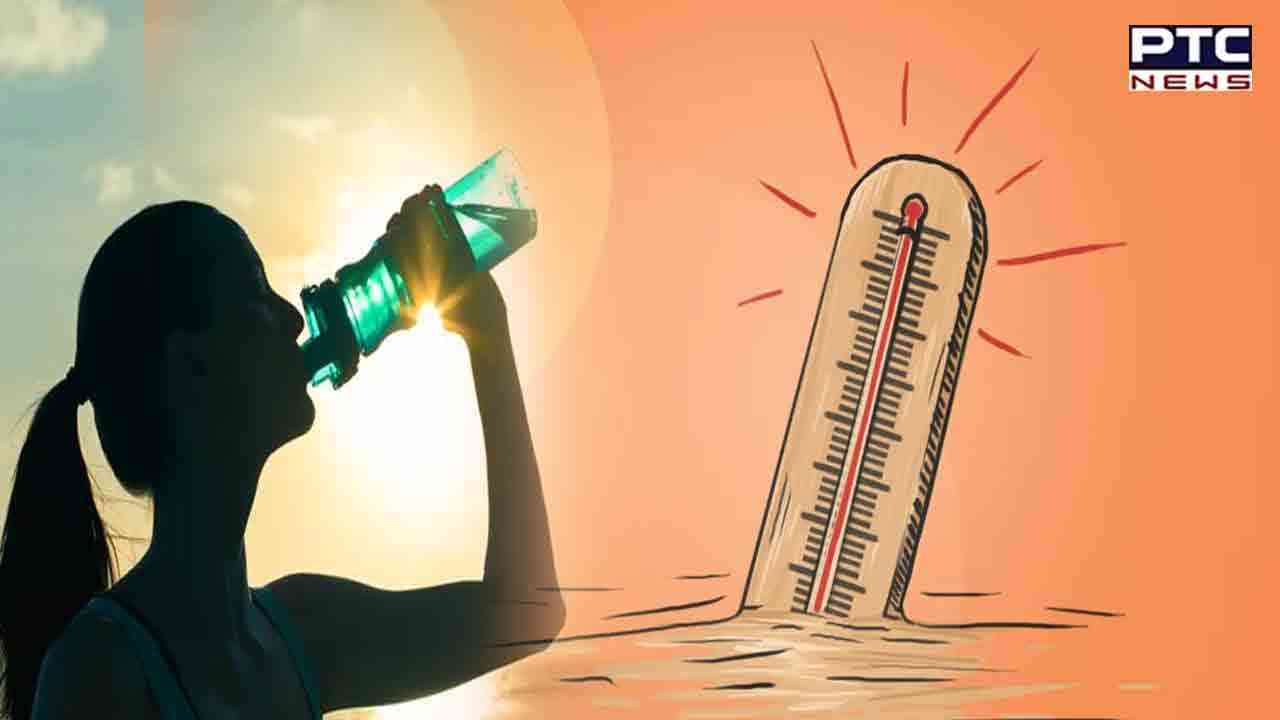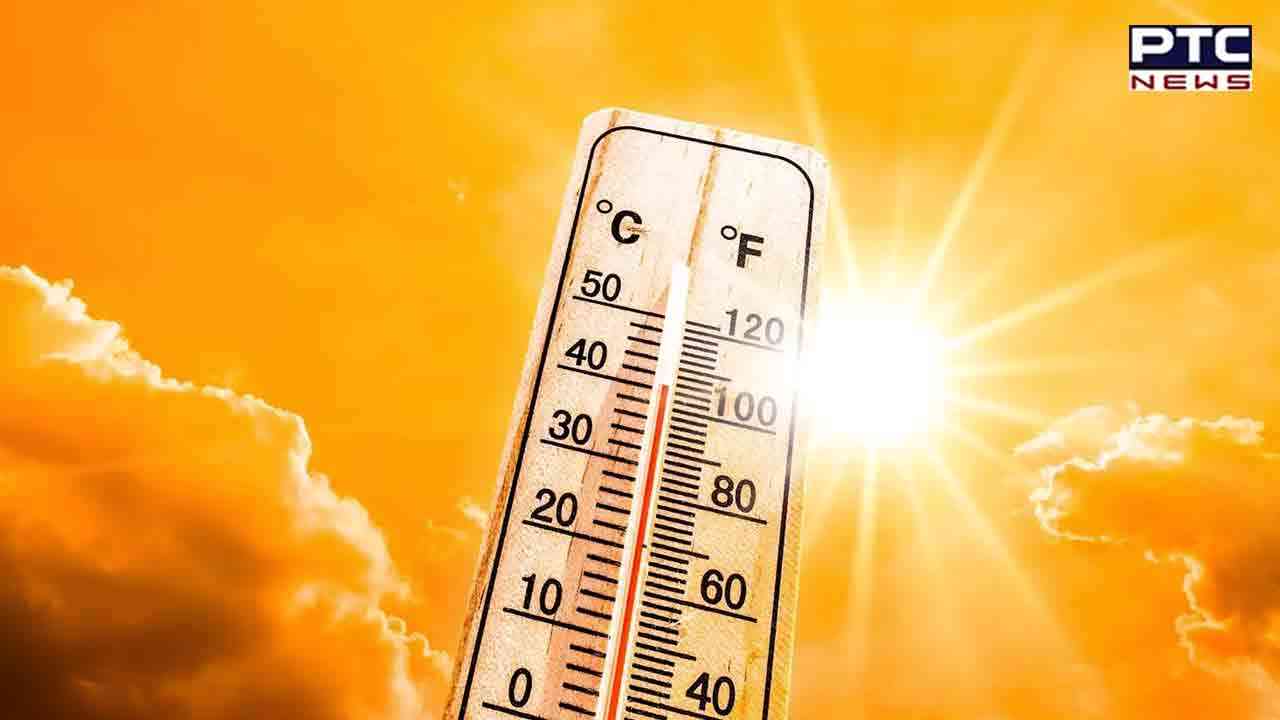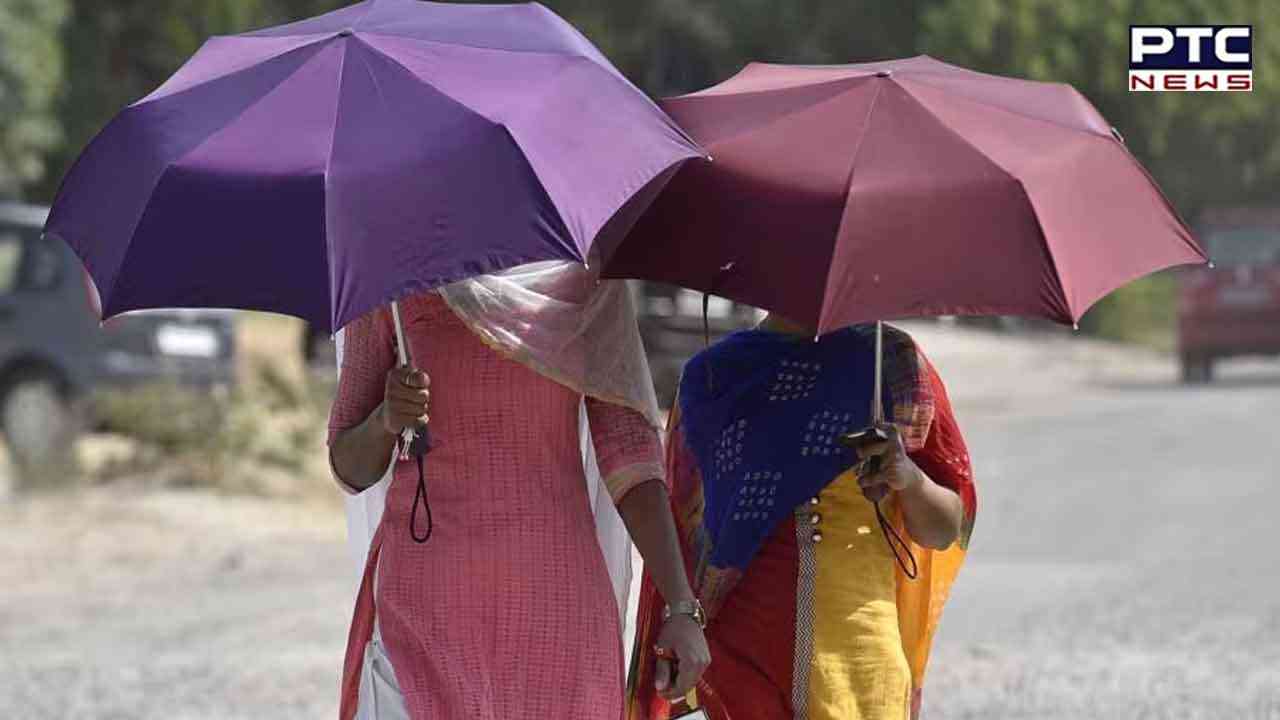Heatwave engulfs North India: Do’s, Donts to battle hot weather

Heatwave across North-India: According to the National Disaster Management Authority, a heatwave is a period of abnormally high temperatures, more than the normal maximum temperature that occurs during the summer season in the North-Western parts of India.
Heatwaves typically occur between March and June, and in some rare cases even extend till July. As of now, schools have been closed in Maharashtra, Odisha and West Bengal due to heat wave conditions. In northern states, the temperature is soaring but there is respite due to Western disturbances from time to time. Heat waves affect the Northern states of Uttar Pradesh, Haryana, Punjab, and Rajasthan generally in the month of May and June.
Adopt following measures to prevent serious ailment or death because of heat stroke
• Avoid going out in the sun, especially between 12.00 noon and 3.00 p.m.
• It is important that we take as much liquid as possible, like coconut water, juice, lassi, and more water etc.
• Wear lightweight, light-coloured, loose, and porous cotton clothes. Use protective goggles, an umbrella/hat, shoes or chappals while going out in sun.
• Avoid strenuous activities when the outside temperature is high. Avoid working outside between 12 noon and 3 p.m.
• Avoid alcohol, tea, coffee and carbonated soft drinks, which dehydrate the body.

• Avoid high-protein food and do not eat stale food.
• If you work outside, use a hat or an umbrella and also use a damp cloth on your head, neck, face and limbs.
• Do not leave children or pets in parked vehicles.
• If you feel faint or ill, see a doctor immediately.
• Use ORS, homemade drinks like lassi, torani (rice water), lemon water, buttermilk, etc. which help to rehydrate the body.
• Keep animals in shade and give them plenty of water to drink.
• Keep your home cool, use curtains, shutters or sunshades and open windows at night.
• Use fans, damp clothing and take bath in cold water frequently.
The extreme temperatures and resultant atmospheric conditions adversely affect people living in these regions as they cause physiological stress, sometimes resulting in death, according to National Disaster Management Authority.

Signs or Symptoms of heatwave
Heat Cramps: Ederna (swelling) and Syncope (Fainting) are generally accompanied by fever below 39 degrees Celcius.
Heat Exhaustion: Fatigue, weakness, dizziness, headache, nausea, vomiting, muscle cramps and sweating.
Heat Stoke: Body temperatures of 40 degrees Celcius or more along with delirium, seizures or coma. This is a potentially fatal condition.
Heatwave conditions can result in physiological strain, which could even be fatal.
